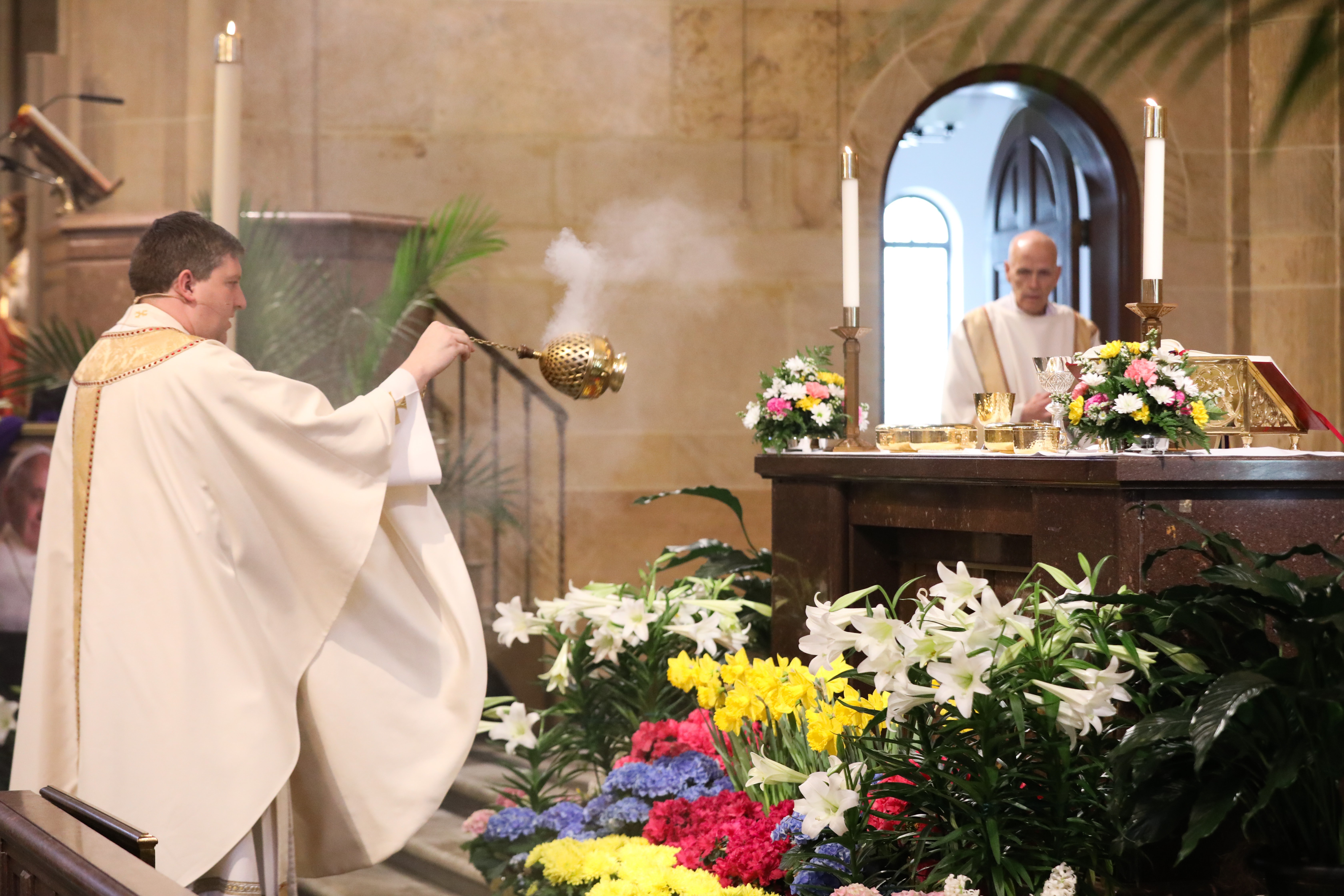A Mission Statement for a parish is not about changing the mission that Christ Himself has given us. That mission is eternal and unchanging: to proclaim the Gospel, to make disciples, to worship God, and to serve our neighbor. But every parish exists in a particular time and place, with particular people and circumstances. A Mission Statement becomes an intentional priority statement. It helps us answer the questions: Who are we today? How are we, as this community of believers, going to live out the mission of Jesus Christ here and now?
The reality is that no parish can do everything, and certainly no priest can do everything. The needs of the world are vast, the opportunities to serve are endless, and the gifts of the Spirit are varied. If we try to take on everything, we risk spreading ourselves too thin and losing our sense of direction. A Mission Statement acknowledges this truth. It challenges us to be deliberate, to recognize that every “yes” we give to something will necessarily mean a “no” to something else. It keeps us honest about what is truly most important for us to pursue.

Think of a Mission Statement like a budget. We usually think of budgets in terms of money, but time is just as valuable and more limited. Every one of us has only a certain amount of “time” in our life’s bank account, and every commitment we make is like writing a check. If we keep writing checks without paying attention to what’s in the account, we end up overdrawn—tired, stressed, and unable to keep up. The same is true for the parish. Our “budget of time” is limited. Staff, volunteers, and parishioners all have only so much to give. A Mission Statement provides us with a kind of “time budget,” ensuring that what we spend our limited resources on truly reflects the priorities of Jesus.
For example, if our parish mission is to form and grow disciples, then every new program, every request that comes before the pastor or parish council, and every decision about how to use our energy and resources has to be filtered through that lens: Does this help us grow as disciples of Jesus Christ? Does this fit within the priorities we have discerned as a community? When we measure decisions this way, we avoid being distracted by good things that may not be the best things for us at this time.
Having a clear Mission Statement gives the parish a sense of focus and direction. It helps the pastor and staff know where to dedicate their time and energy. It helps parish leaders discern what opportunities to embrace and which to set aside. And it helps parishioners know what our shared purpose is, so that we can move together with clarity and unity. In short, a Mission Statement is not just words on paper. It is both a compass and a budget. It is a tool that helps us steward the gifts God has entrusted us with to build up the Kingdom of God in the ways God has called us, here and now.
Fr. Ross Kelsch is the pastor of St. Thomas Parish in the Diocese of Covington and is enrolled in Next Generation Parish. Fr. Ross attended CLI’s Rother Forum Summit – a priest ongoing formation session earlier this year hosted by Catholic Leadership Institute and shared his perspective on the importance of mission or “purpose” statements for parishes. As a Next Generation Parish, St. Thomas is implementing their own priority plan. Fr. Ross has a background in business administration and says he uses it on a daily basis.
Our President & CEO Daniel Cellucci's weekly email, the DIAL: Discerning Insights About Leadership.
CLI serves Church leaders, helping them rediscover their potential and forming them to be more intentional with those they serve.
CLI provides vision and hope about the future of the Church with a humble, yet strategic approach.
News and updates from Catholic Leadership Institute that highlight announcements within the organization, our team, or our partners.



